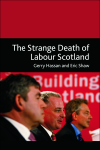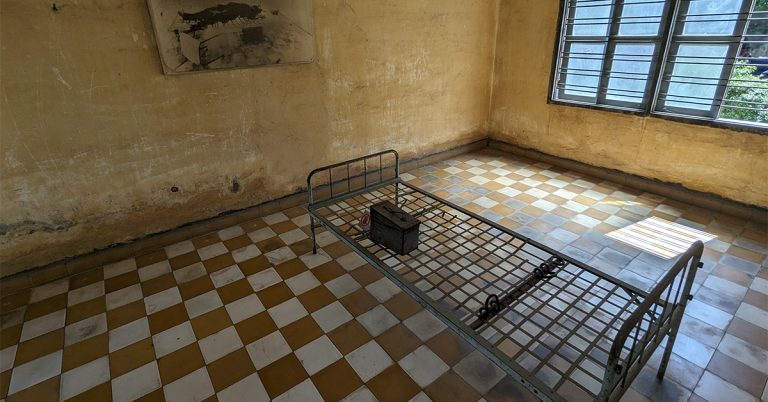
Three years ago, Gerry Hassan and I published a book entitled ‘The Strange Death of Labour Scotland’. We envisaged that, unless radical steps were taken, Labour’s influence in Scotland would steadily decline. Speaking personally, I did not envisage a total rout at the polls. Why did it occur? And what does it signify for Labour’s future north of the border?
It is too early to offer a confident answer to the first question, so what follows is tentative.
To understand Scottish Labour’s plight, one needs to make a distinction between long-term historical forces and contingent political factors. In ‘The Strange Death’ we chronicled the steady unravelling of the social and institutional supports that, for a generation and more, had sustained and underpinned Labour rule in Scotland: council housing as the dominant form of housing tenure, high trade-union membership and a Labour-dominated local government.
From the late 1970s, slowly and unevenly at first, then at gathering speed in the new millennium, these three pillars were progressively dismantled: a rapid shrinkage in the number of council house tenants and trade unionists (especially in the private sector) and then the loss of Labour’s local government supremacy. The networks and relationships through which Labour’s power was both exercised and replenished began to wither whilst organisationally, in many parts of the country, the party ossified.
The 2011 Holyrood elections demonstrated the scale of Labour’s decline as it lost many seats to a rampant SNP. But too many in the party took consolation from the 2010 Westminster election when Labour had performed impressively. It now seems likely that many of its voters were driven not by allegiance to Labour but by determination to keep the Tories out.
Then followed the referendum. The ‘Better Together’ alliance with the Conservatives and the LibDems was a huge strategic error, enabling the ‘Yes’ camp to claim that Scottish Labour was in bed with the Tories and the ‘Westminster establishment’: accusations repeatedly made on the doorstep in the recent election. The ‘no’ vote may have triumphed in the referendum but the consequences of the campaign were devastating for Labour. About a third of the Labour vote backed independence and appear to have made a mental and emotional leap to desert the party for the SNP. The ‘yes’ campaign was able to mobilise sentiments of tradition, pride, identity and belonging whilst the ‘no’ case was almost wholly pragmatic and transactional. The pro-independence camp won a moral victory and laid the groundwork for the SNP’s sweeping gains.
But there are puzzling features in Labour’s debacle, notably the sheer hostility to the party, its emotional intensity and the emphatic nature of its repudiation. One can speculate about these, but as yet the evidence is lacking to provide answers. We have to await further research.
More briefly: what is the future for Scottish Labour? Yet another leader, this time Jim Murphy, has fallen by the wayside (though with a not very helpful blistering attack on the Unite leader Len McCluskie). Murphy promised to draw upon a plan for how the party can be rejuvenated. This smacks of yet another short-term response to what are major long-term trends.
There is one major step the party can and should take. Many voters regard it (not particularly accurately) as a branch office of the UK party. That perception has to be shaken and it can only be by dramatic action (incremental steps will not be noticed). It should, so to speak, declare independence of the British party and establish its own leadership, organisation and finances with some form of affiliation with London. A model maybe the CDU-CSU alliance in Germany where the Christian Democrats operate everywhere except in Germany and the Christian Social Union, a separate party, only in Bavaria.
But these are only organisational changes. There are deeper issues to resolve. Can Scottish Labour forge a clear and coherent narrative, rooted in Labour’s traditions and values but relevant to specifically Scottish conditions? And, more fundamental still, for whom and for what does Scottish Labour now stand?

Erik Shaw is the co-author of The Strange Death of Labour Scotland, published by Edinburgh University Press. He is a Senior Lecturer in Politics at the University of Stirling.






Reblogged this on gecko1000 and commented:
Labour’s rout in Scotland. A considered piece from EUP here. One factor not mentioned is Labour’s gradual move to the right in the UK as it allowed itself to be drawn into a dance where the music was chosen by others in order to win over Middle England. Scotland has remained consistently left of centre – and Labour has all but vacated that space.
Did Labour vacate its left-of-centre place in Scotland because it was too centralised and too focused on winning votes in Middle England?